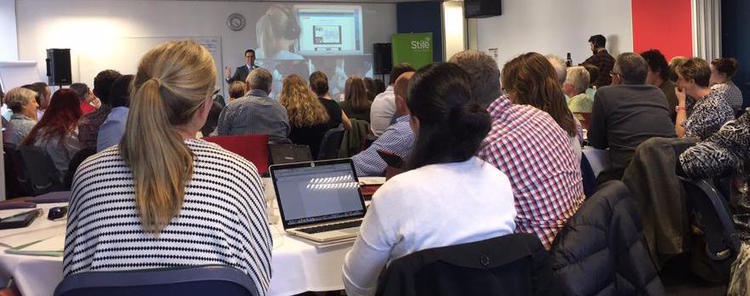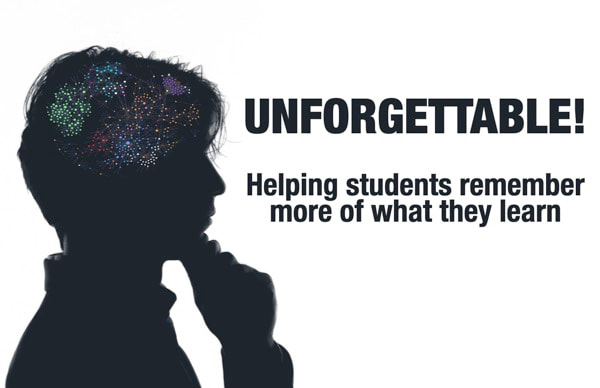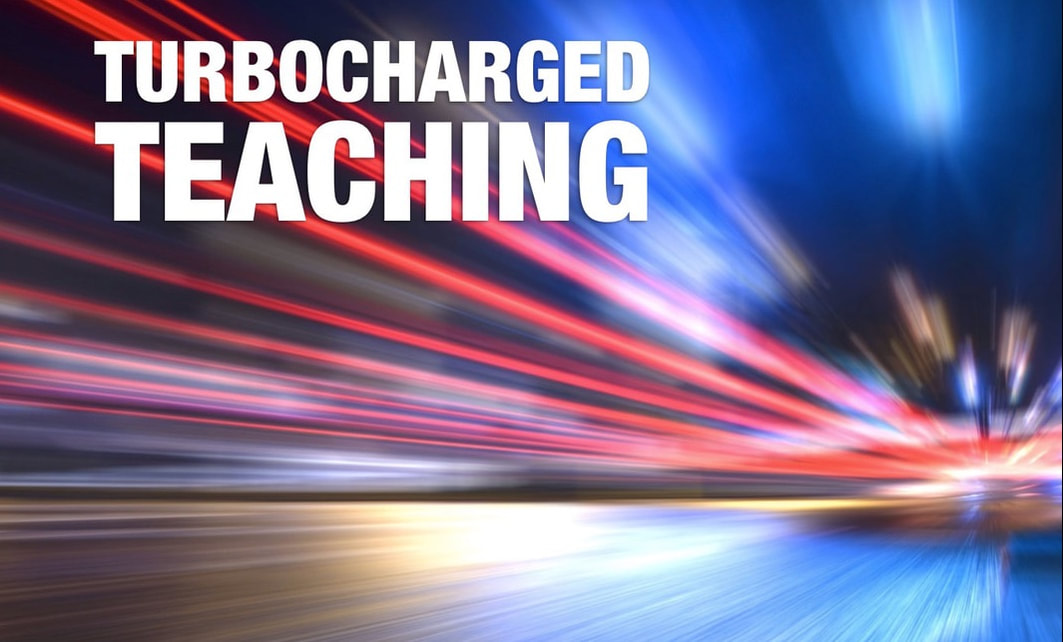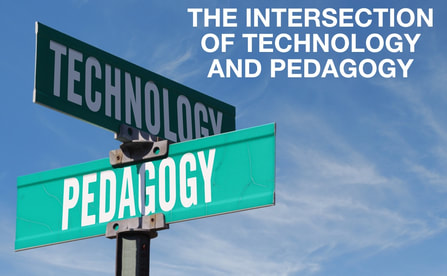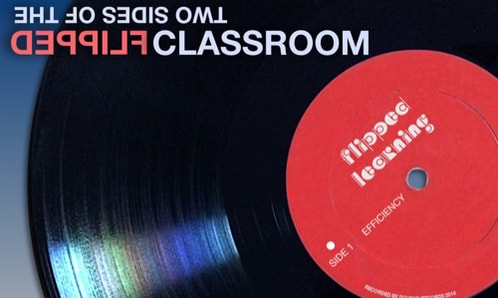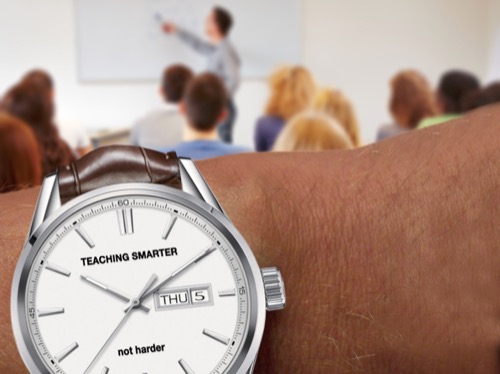|
Frictionless Differentiation
Technologies that Smooth the Path to Differentiation Differentiation is hard. Although most teachers recognise the importance of differentiated teaching and genuinely attempt to personalise the learning experience for each student in their classes, most also admit that they struggle to differentiate effectively. The most common roadblocks expressed by teachers are a lack of time in class to work with individuals, a lack of time outside the classroom for planning and the record-keeping that differentiation demands to keep track of individual students’ progress. That is where the right educational technologies can make all the difference. In this presentation, Andrew Douch will recommend practical differentiation strategies and tools that efficiently support their implementation. His emphasis is on apps and websites that are simple to use, available at little cost and which are time efficient - in some cases (believe it or not) even saving time! |
|
Unforgettable!
Helping Students Remember More of What They Learn This presentation is focussed on simple (but not obvious) ideas any teacher can use to help students better recall things they have learned, not only for performance on a test tomorrow, but for proficiency in the years to come. The ideas presented in this presentation turn on the findings of modern cognitive science, and have strong links to several of the HITS, including ‘metacognitive strategies’, ‘multiple exposures’ and ‘questioning’). Some of the concepts introduced are counter-intuitive (and certainly not common practice in classrooms), but once you take hold of them, there will be no turning back! Many of the suggestions Andrew will recommend in this presentation are easy to adopt, involving simple tweaks to the things you already do. For example, you will learn how you can ask more effective questions in class, and make your PowerPoint slides more memorable, by taking advantage of what cognitive load theory tells us is happening in a student’s mind in the process of learning. Andrew will support his ideas with practical, easy-to-adopt strategies and app suggestions to make implementation frictionless and fun. |
|
Turbocharged Teaching
High Impact Teaching Strategies, Cognitive Load Theory and Technology The findings of cognitive science and educational research can give teachers insights into how students learn most effectively, and inform curriculum planning and teacher practice, but 'best practice’ in this area is not common practice in schools because it is counter-intuitive, disconcerting for students and requires teachers to be more intentional in their planning. On the contrary, many teachers teach in ways that achieve short-term student performance at the expense of long-term proficiency. In this presentation, Andrew Douch will lead an exploration of some of the surprising findings of cognitive science, and suggest practical strategies for leveraging those findings, in order to turbocharge the capacity of our students to: - solve problems innovatively. - think critically about new information. - store and retrieve knowledge from long-term memory |
The Intersection of Technology & Pedagogy — Andrew's signature keynote presentation --
Many current school practices were designed by a previous generation of teachers who were constrained by technological limitations that don't exist any more. Realising this, gives us the opportunity to look with fresh eyes at the changing needs of our students, to rethink our workflows and to leverage a new breed of tools that improve:
Feel inspired, challenged and liberated as you consider anew the contribution teachers can make to the lives of young people and the ways technology can help us to be more effective teachers. |
Redefining ClassroomIn this presentation, Andrew will explain why he believes it is necessary for teachers to adopt new approaches to teaching a new generation of learners. His intention is not to promote "high-tech" skills in teachers, but rather to encourage widespread adoption of easy-to-use technologies that are 'high-concept' and have the power to transform classroom interaction.
In the last decade, informal communication between young people has been revolutionised by social networking sites, instant messaging, mobile phones and numerous other technologies that give them instant access to information and people any time, anywhere. In his presentation Andrew will show how any teacher is able to change the way he or she communicates with students, taking advantage of the very same digital communication tools that Gen-Y students use. Andrew is adamant in his belief that teachers don't need "computer skills" to transform their classrooms, but a willingness to question their 20th Century paradigms and rethink their role as an educator in a world where information is available on-demand and communication is instantaneous. He will show real-world examples of the ways in which teachers have used the ideas he promotes, across a range of subjects and year levels, to make a profound impact on student engagement and learning outcomes. |
|
Two Sides of the Flipped Classroom
These days "flipped learning" is a hot topic. In this presentation, Andrew Douch will lead an exploration of the flipped classroom concept: its advantages, disadvantages, possibilities and pitfalls and and some of the best and easiest ways to both save time and be more effective. Andrew Douch started flipping his classes since before the term "flipped" was even coined. Nine years have passed since he stood in front of his class and said "We're going to do things differently - I'm going to start teaching you out of class time, and we'll start using class time differently..." As a result his students' engagement with learning soared, and their understanding deepened. Andrew will share his experiences as well as some of the hardware and software that he finds to be most useful, and tips and tricks he has discovered for using them effectively. Participants will be surprised how easy it is nowadays to make podcasts, screencasts and vodcasts, and be challenged to think differently about how they use the valuable class time that is created. |
|
Teaching Smarter; Not Harder
The most often-cited obstacle to teacher creativity, innovation and effectiveness, is their perceived lack of time and the stress which that causes. But it doesn't have to be that way! Most teachers work in ways that are inefficient and repetitive - at least some of the time. The good news is that improving efficiency is both possible and technologically easy. The real challenge is not in acquiring computer skills but in re-thinking inefficient workflows, assumptions and habits. Andrew attributes his success in the classroom, his awards for innovation and his ability to manage a busy professional development schedule (not to mention his personal sanity) to the strategic use of technology which frees up time and head-space to work individually with students and colleagues, to think creatively, and to experiment with ideas and new tools. By Automating the parts of your teaching that can be automated, you have more time for those that can't be automated. It is these non-automatable facets of teaching which often have the biggest payoffs in terms of student engagement and performance. In this workshop, Andrew will show you how. |

